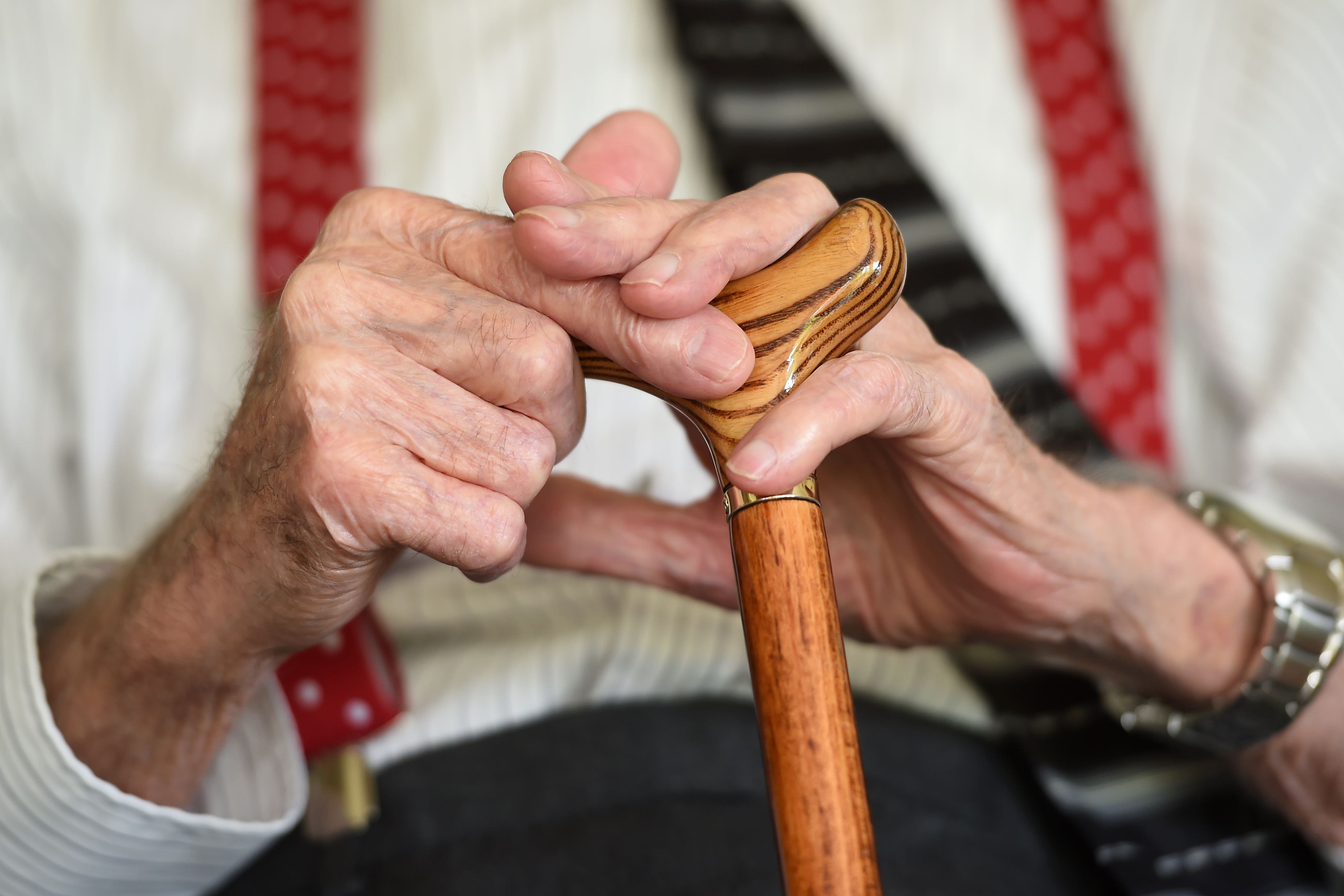Viagra could be the key to curing Alzheimer’s
Study based around a group of men with erectile dysfunction

Men who take drugs like viagra for erectile dysfunction may be inadvertently reducing their chance of getting Alzheimer’s disease, a new study suggests.
Men who took drugs to combat the issue were 18% less likely to develop Alzheimer’s than those who did not.
The new study, published in the journal Neurology, saw experts from University College London (UCL) examine the medical records of 269,725 UK men aged 40 and over, with an average age of 59, who were diagnosed with erectile dysfunction between 2000 and 2017.
Alzheimer’s Research UK said that the possibility of repurposing drugs already used for other health conditions could help “accelerate progress and open up new avenues to prevent or treat dementia-causing diseases”.
The charity said that the findings were “encouraging” but called for larger studies to confirm the results and examine the impact such drugs could have on other groups such as women and men without erectile dysfunction.
Men with a previous diagnosis of dementia or cognitive impairment were not included in the analysis.
Just over half (55%) had been prescribed a type of medication known as a PDE5I drug, including sildenafil (sold as Viagra), tadalafil (Cialis), vardenafil and avanafil.
Viagra was the first of these treatments and was originally developed to treat high blood pressure and angina.
UCL experts said that previous animal research has found PDE5I drugs (phosphodiesterase type 5 inhibitors) have some “neuroprotective benefits”.
During the follow-up period – an average of 5.1 years – some 1,119 men were diagnosed with Alzheimer’s disease.
Early symptoms of Alzheimer’s
According to the NHS
Someone with early Alzheimer’s disease may:
- forget about recent conversations or events
- misplace items
- forget the names of places and objects
- have trouble thinking of the right word
- ask questions repetitively
- show poor judgement or find it harder to make decisions
- become less flexible and more hesitant to try new things
There are often signs of mood changes, such as increasing anxiety or agitation, or periods of confusion.
Statistical analysis of the data revealed that people who took the drugs were found to have an 18% reduced risk of developing Alzheimer’s compared with those who had erectile dysfunction but did not take the drugs.
Those who were issued prescriptions “most frequently” were even less likely to be diagnosed with Alzheimer’s, the authors said.
Lead author Dr Ruth Brauer, from the UCL School of Pharmacy, said: “Although we’re making progress with the new treatments for Alzheimer’s disease that work to clear amyloid plaques in the brain for people with early stages of the disease, we desperately need treatments that can prevent or delay the development of Alzheimer’s disease.
“More research is needed to confirm these findings, learn more about the potential benefits and mechanisms of these drugs and look into the optimal dosage.
“A randomised, controlled trial with both male and female participants is warranted to determine whether these findings would apply to women as well.”

Tara Spires-Jones, president of the British Neuroscience Association and professor at the UK Dementia Research Institute at the University of Edinburgh, said: “This study does not conclusively prove that erectile dysfunction drugs reduce Alzheimer’s risk but provides good evidence that this type of drug is worth further study in future.”
The study comes as a separate paper, published in the journal Scientific Reports, found that psychedelic experiences are linked with “improved sexual function”.
And the improvements can be seen months after the psychedelic experience brought on by taking magic mushrooms, LSD and other drugs, it found.
Researchers from the Centre for Psychedelic Research at Imperial College London surveyed 261 people, mostly from the US, before and after a psychedelic experience.
People reported improvements across a range of areas of sexual function – including better communication with their partners, feeling more satisfied with their partner and their own appearance and a “greater sexual pleasure during sex” – for up to six months after their psychedelic experience, the authors said.
Bookmark popover
Removed from bookmarks